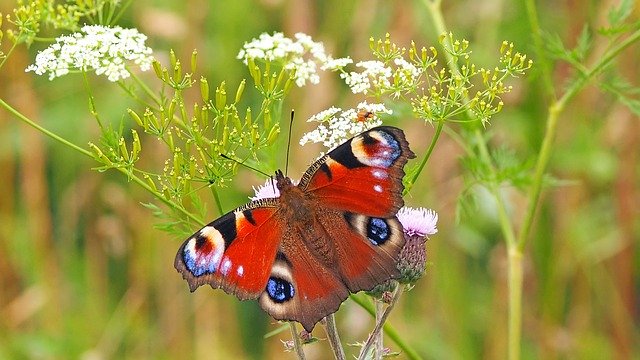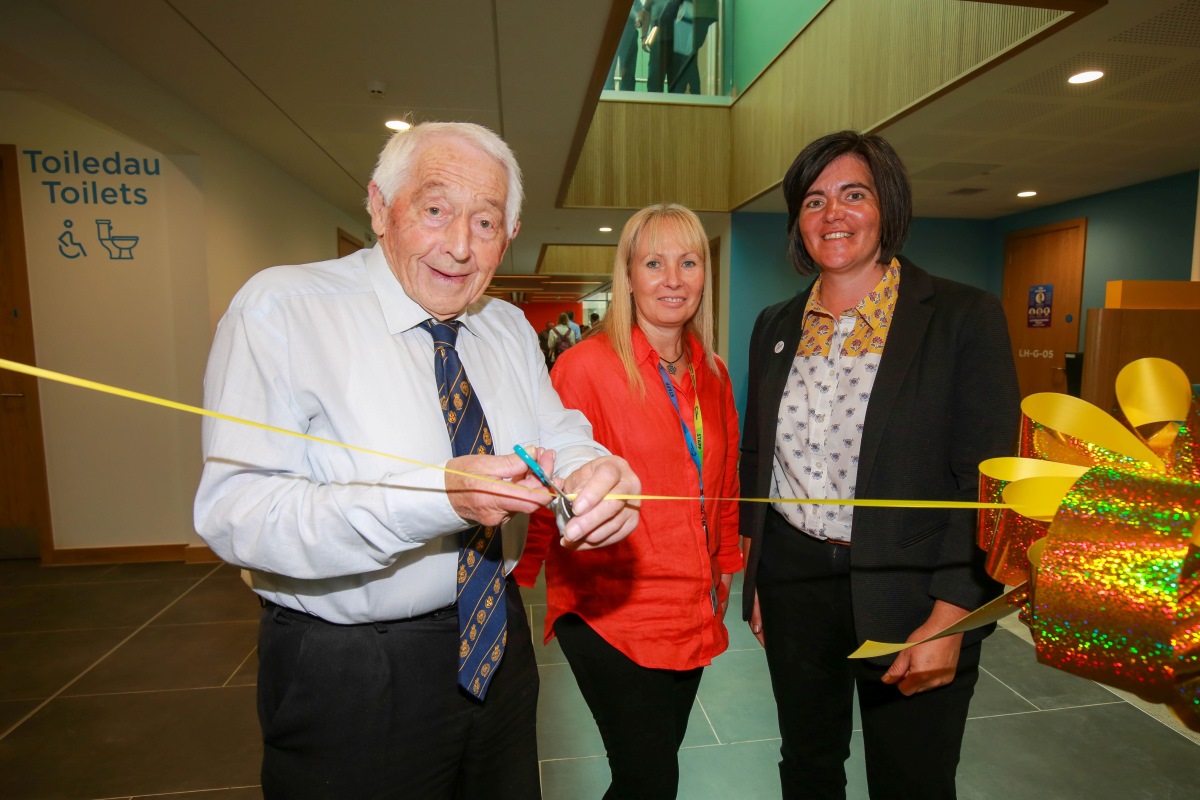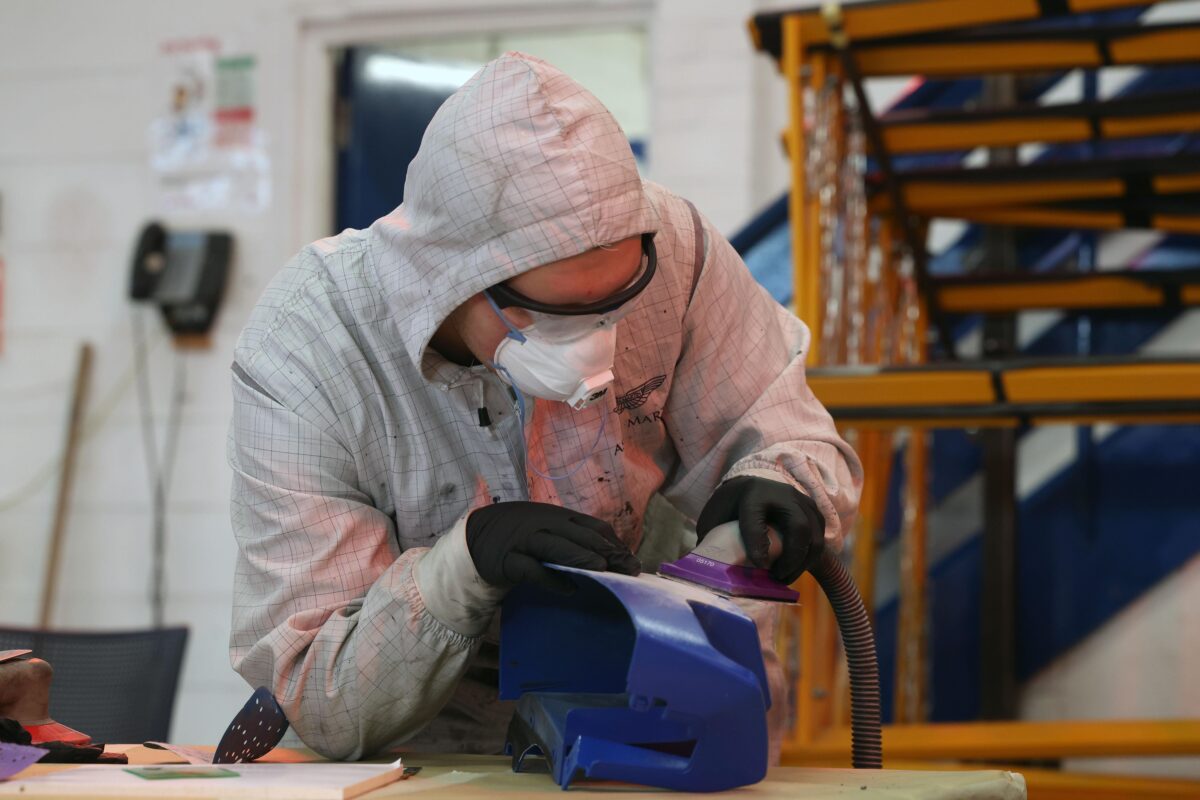Wildlife Trust and RHS: Grow a secret garden for butterflies. Should Colleges and Providers utilise their estates for wildlife and well being?

The @WildlifeTrusts and @The_RHS have launched their annual Wild About Gardens campaign! The Wildlife Trust and RHS are also asking people to pledge a patch for butterflies and moths and plot it on a map. Could this be a simple mental health and well being project for staff or learners? There is also a booklet with practical tips showing people how easy it is to help these delicate garden visitors as they emerge through spring and summer.
Many butterflies and moths are in trouble and, overall, insect numbers have plummeted. Gardens provide a vital refuge for butterflies and moths to rest, feed and breed – but, could the FE Estate of Colleges, Training Providers, Employer Providers and Awarding organisations find some space around their buildings, roof gardens, balcony or even put together some pots with either wildflowers or nectar-rich flowers? It could even be a good excuse to leave a patch of longer grass if you have a wider estate. Could this help with mental health and wellbeing, but also help the natural world?
Butterflies and moths are important pollinators and, along with caterpillars, are vital food for birds like robins and blue tits as well as bats. However, their habitats have faced catastrophic declines and once-common species like the small tortoiseshell have dropped by up to 80% in the last 30 years in some areas.
An ideal butterfly garden has a wide variety of plants throughout the year to support their life cycles – for butterflies and moths emerging from hibernation, egg-laying females, caterpillars and then as adults. Early-flowering species such as dandelions, aubretia and native bluebells are good sources of nectar; these could be followed by buddleia and red valerian and, finally, ivy flowers which are a great late-season asset in the autumn. Many wildflowers and long grasses are also excellent larval food-plants. Whether your garden is large or small – or simply a flowering window-box – it could throw these declining insects a lifeline, especially in urban areas.
The Wildlife Trusts’ gardening champion, horticulturist and TV presenter Frances Tophill says:
“Our garden flowers and plants provide a rich source of rejuvenating nectar for these much-loved garden visitors as they emerge from hibernation to herald the start of spring. Go wild in your garden and leave the dandelions and daisies in the lawn to provide a meal, aim for year-round flowers and include a wildflower area for egg-laying females as well as gardeners’ favourites like lavender, nasturtium and verbena. The Wild About Gardens website is packed with information and easy actions we can all take to support butterflies and moths throughout their impressive life cycle.”
Ellie Brodie, senior policy manager of The Wildlife Trusts says:
“We all love watching moths and butterflies as they flutter by and brighten up our gardens – being in nature replenishes us and makes us happy. We know that UK wildlife is in decline and needs our help – that’s why we’re asking gardeners to work together and create a wave of long grass, wildflowers, colour and perfume across the country – a nature recovery network for these gorgeous creatures.”
Helen Bostock, Senior Horticultural Advisor at the RHS says:
“Many moth and butterfly species are helpful pollinators and an important part of a balanced, healthy garden. With many of their natural habitats under threat, consider rewilding an area of the garden to provide food and shelter for these fascinating insects or sacrificing a patch of plants – for example, a window box bursting with nasturtiums will help attract large white butterflies away from your cabbage crop.”
Pledge for butterflies
Every butterfly garden counts. We want to know about every new wild area, box or border that’s being grown for butterflies. Each garden contributes towards the network of green spaces that nature needs to survive. Please pledge a bit of garden for butterflies and put it on the map here www.wildaboutgardens.org.uk (NB the pledge will go live on 12th March 2020.)











Responses